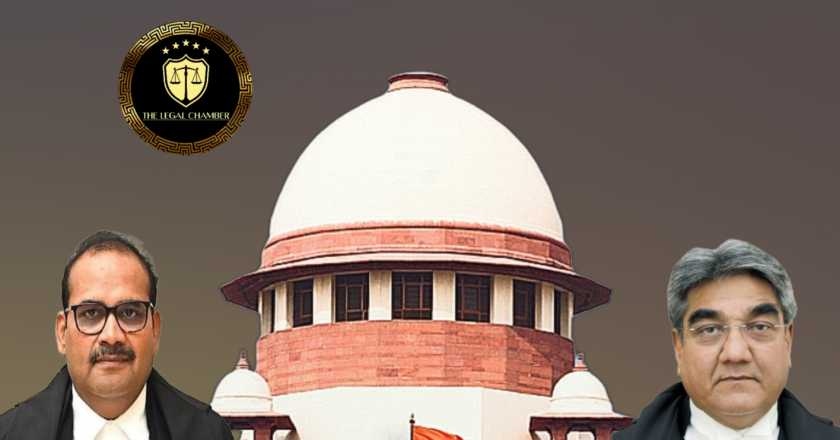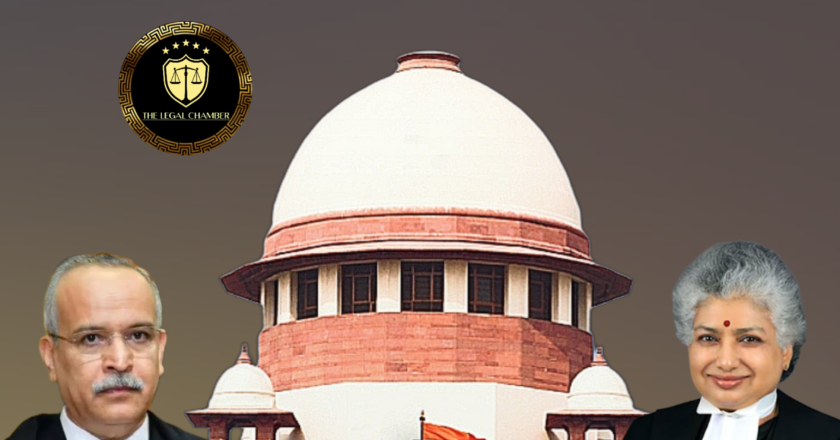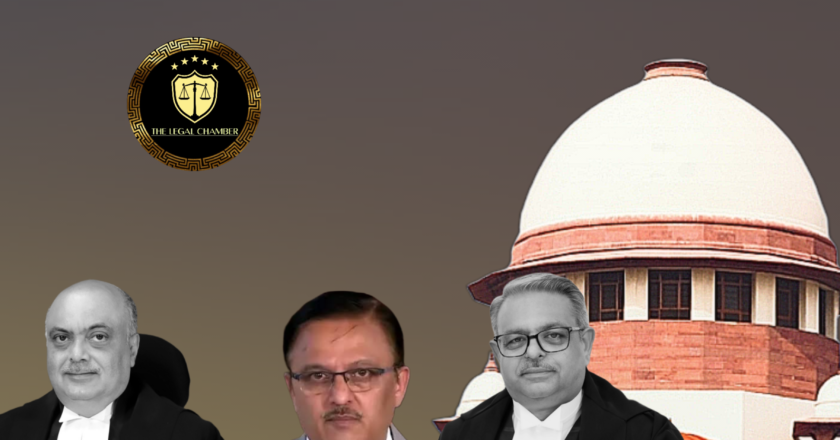Supreme Court Clarifies: No Service Tax Exemption for Handling Export Cargo at Airports
The Supreme Court upheld the service tax levy on services provided by the Airports Authority of India for handling export cargo. It ruled that while such handling is excluded from the definition of "cargo handling service," it squarely falls under the broader, specific taxable service category of "Airport Services" as defined under Section 65(105)(zzm) of the Finance Act, 1994.
Facts Of The Case:
The Airports Authority of India (AAI), a statutory body under the Ministry of Civil Aviation, was engaged in handling export cargo at various airports. This involved a range of activities such as unloading, carting, X-ray screening, and export packing from the point of accepting the cargo until it was loaded onto an aircraft. The tax authorities confirmed a service tax liability on these s...



